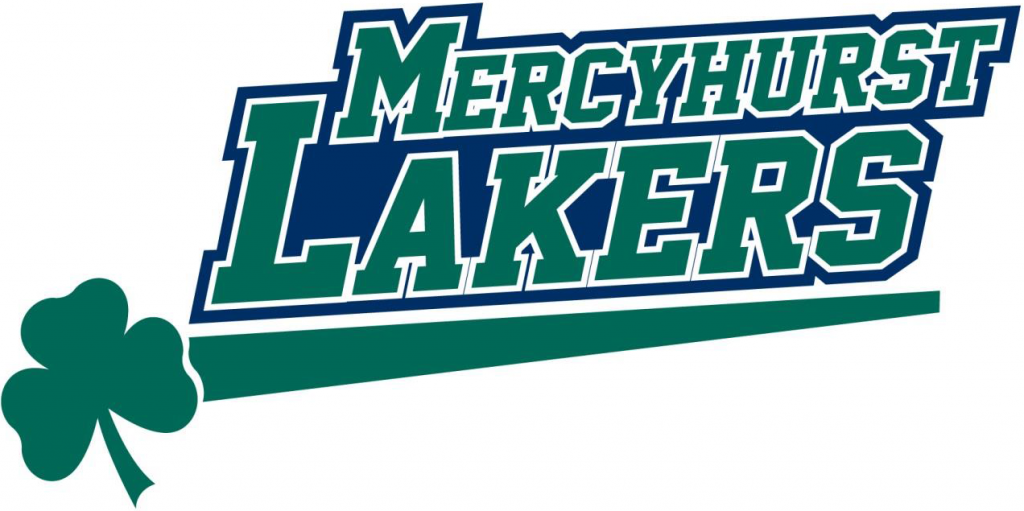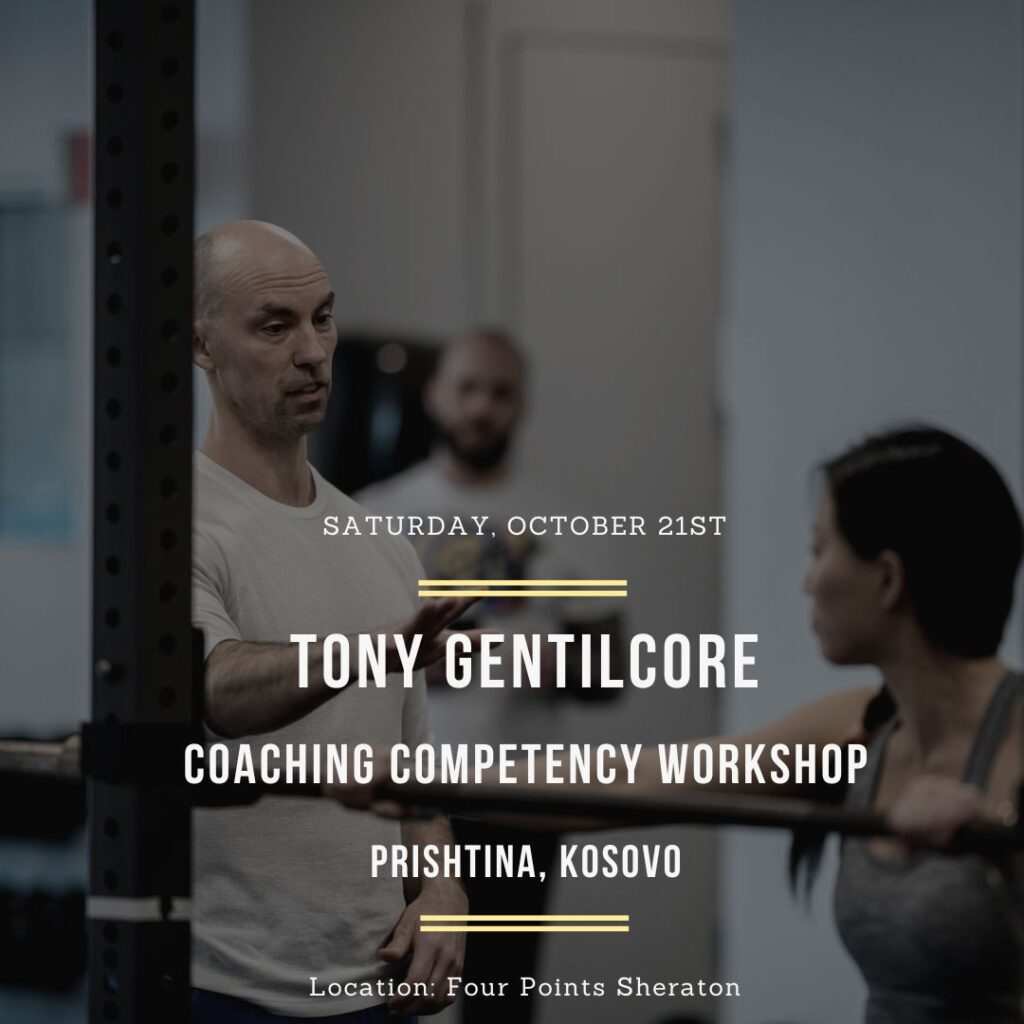What separates good gyms or trainers from the mediocre ones?
Some would make the case it’s a certain style of training, access to state-of-the-art equipment and amenities, the results their clients/athletes are able to achieve, or even their knowledge on topics like anatomy, assessment, program design, or, I don’t know, long division.
Don’t get me wrong: All of the above can help with separating yourself from the masses, but what really drives client loyalty (as well as woos new ones) isn’t the fancy equipment or the fact you’ve read Mel Siff’s Supertraining 47 times and can cite every page.1
No, what gives you the competitive edge is the culture you create.

Copyright: vadymvdrobot
How To Create a Winning Culture (<– Not An Exhaustive List, But You Should Continue Reading Anyways)
1. It Starts With You, Sherlock
Nothing wraps this message in a nice, neat, eloquent bow than something I read from Alwyn Cosgrove not long ago:
“A team that is tanking brings in a new coach and they totally turn things around.
A company like Apple, removes Steve Jobs, starts to take a nosedive, then brings back Steve Jobs as the leader and the company starts crushing it again.
Or alternatively, an assistant coach takes over a program when the head coach leaves, and even though that assistant is running the same system, that team never reaches the level of where they were before.
Why does this happen?
It all starts at the top.
It all starts with you.
It’s more than just the systems that were in place, it was the culture (or lack thereof) that was created.”
I think it’s safe to say everyone, at some point or another, has experienced the dichotomy between a good leader and a godawful one. It might be hard to put a finger on the exact characteristics that divide the two, but it stands to reason you know it when you see it.
Back in 1997 I earned a scholarship to play baseball at Mercyhurst University in Erie, PA. I loved the the coach who recruited me to transfer there. During my recruiting visit he came across as someone who was a straight-shooter and someone who demanded (and received) the respect from his players.
I spent an entire weekend watching practices and hanging out on campus with guys from the team and there wasn’t one instance where they talked smacked behind the coach’s back.
They described him as someone who was strict, albeit fair, and as someone who stayed consistent with his expectations of everyone. He wasn’t someone who said one thing one day and did a complete 180 the next.
He exemplified leadership.
The guys enjoyed playing there and spoke highly of the program as a whole. And, as it happened, at the time, the team was coming off a successful 40-6 season and a Top 10 ranking in the Division II baseball polls.
Without going into too many details, I arrived in the Fall of 1997 and within a few months the coach who recruited me to come to Mercyhurst left to take over another program.
I was bummed and more than a bit agitated. But I was confident I had still made the right decision (Humblebrag: I turned down a full-ride at a Division I school to go there) and that the team would still be competitive moving forward.
I was wrong.
The coach who was subsequently brought in was the antithesis of leadership. A ham sandwich would have been a better leader.
He was nothing but a blowhard and an egregious asshat.
By the end of his first (and only) season at Mercyhurst he had burned a lot of bridges with the players and administration at the school, not least of which because it was discovered he had lied about his previous playing and coaching career.
Keep in mind: This was the pre-internet days so it was the Wild West of making shit up. I mean, I once struck out Ken Griffey Jr three times in one game and also made out with Rosario Dawson once.2
Look it up.3
Anyways, as far as culture was concerned…the proof was in the numbers:
1997 Team: 40-6
1998 Team: 26-18.
Now, 1998 wasn’t a complete horror show of a season from a Win-Loss perspective (most teams would love to finish 8 games above .500)…but it was clear the vibe and culture of the program was tainted.
And, honestly, it was the first time I had personally witnessed how poor leadership bred a toxic environment.
Now, as a trainer or coach, think about how this parallels with gym environments you’ve been in? I’ve worked in places that gave zero thought or value in building great trainers, who gave two shits in providing any continuing education, and reneged on cultivating a winning culture, and it showed:
- High turnover.
- More concern over whether trainers hit quotas on packages sold rather or even how to hold a genuine conversation with potential clients.
- General clusterfuckery.
Taking it a step further (and taking the corporateness out of the equation), what does it say about you as a fitness professional if you constantly show up late, you forget appointments, you aren’t prepared, and/or you show up dressed like a homeless pirate?
Leadership always and concretely starts at the top.
And, whether you work in a commercial gym or you’re your own boss, leadership and the culture you curate starts with you.
2. Stop Being a Cantankerous Curmudgeon
One of my favorite comedies of all-time is Grumpy Old Men.
In a nutshell the movie is based around two friends, John (Jack Lemmon) and Max (Walter Matthau), and their lifelong rivalry.
It’s filled with “old guy” cliches, humor, and amazing Burgess Meredith (of Rocky fame) quotes.
The movie’s theme often reminds me of the fitness industry today and how it’s rife with the same antics and toxic hostility.
We expect a lot from our athletes and clients. We want them to show up and give us their undivided attention and full effort. Moreover, in many ways, we aim for them to be more responsible and to take accountability for their actions…
…to be leaders in their own right.
Yet, we (the so-called integrity police) will hop on Twitter (er, excuse me “X”) the second Dieselchest2277 has the audacity to disagree with us on anything from squat technique to achilles tendinopathy protocols to best keto recipes that taste like sawdust.
It’s kinda hard to develop a civil culture, one that’s respectful of other’s backgrounds and experiences (and opinions), if you have the temperament of a twelve year old. Or, more to the point, a cantankerous old man.
Grow up.
Recognize that not everyone has to agree with you and that maybe, GASP, you may be wrong or out-dated in your line of thinking.
This epitomizes good leaders.
3. Be Human. Not Superhuman
Lastly, I’m a firm believer that people don’t respond well when we demand perfection from them.
It doesn’t bode well for culture and camaraderie when you’re an insufferable douchehole and expect all your athletes and clients to be Captain America 100% of the time.
- It’s okay if they’re unable to nail that hip hinge on their first try.
- It’s not the end of the world if they miss a lift. (but it also shouldn’t be happening on a consistent basis)
- Eating carbs isn’t a punishable offense.
Part of building a winning culture, especially a winning gym culture, is encouraging PROGRESS not perfection.
What’s more, I think relatedness is an underrated component of building a winning culture. Part of the reason why I think some of my clients like training with me is because I’m just as excited to talk about deadlifts and scapular upward rotation as I am There Will Be Blood quotes.
Client: “So, after this set of incline presses what’s next?”
Me: “I…DRINK…YOUR…MILKSHAKE!”
Client: “Huh?”
Me: “I DRINK IT UP!”
Talk about movies, gossip about the latest season of The Bachelorette, go crazy and listen to boybands radio.
Show your human side. Be authentic to who YOU are. Demonstrate you’re vulnerable and that sometimes you’re wrong, aren’t perfect, and don’t know all the answers. Your athletes and clients will love you for it.
That’s the key to a winning culture.
Come Listen to Me Talk in Person About This Stuff
I’m heading to Europe this fall to put on two separate in-person workshops:
1. Coaching Competency Workshop – Prishtina, Kosovo: Saturday, October 21st
This will be my first visit to Kosovo and I couldn’t be more excited. Topics covered in this event range from how I assess clients and go about writing (strength) programing for gen pop clients to how to work around common injuries and trouble-shooting common exercises like squats and deadlifts (of course).
For more info and to register please email my host Dr. Rita Parashumti at: rita@ritwells.com.
2. Building the Complete Fitness Pro – London, UK: Saturday & Sunday, October 28th & 29th
Full details (including itinerary) can be checked out HERE.
(NOTE: Very limited early bird spots are available for this event, so if you’re even remotely interested pounce NOW)
The post How to Curate A Winning Gym Culture appeared first on Tony Gentilcore.
How to Curate A Winning Gym Culture posted first on tonygentilcore.com



No comments:
Post a Comment